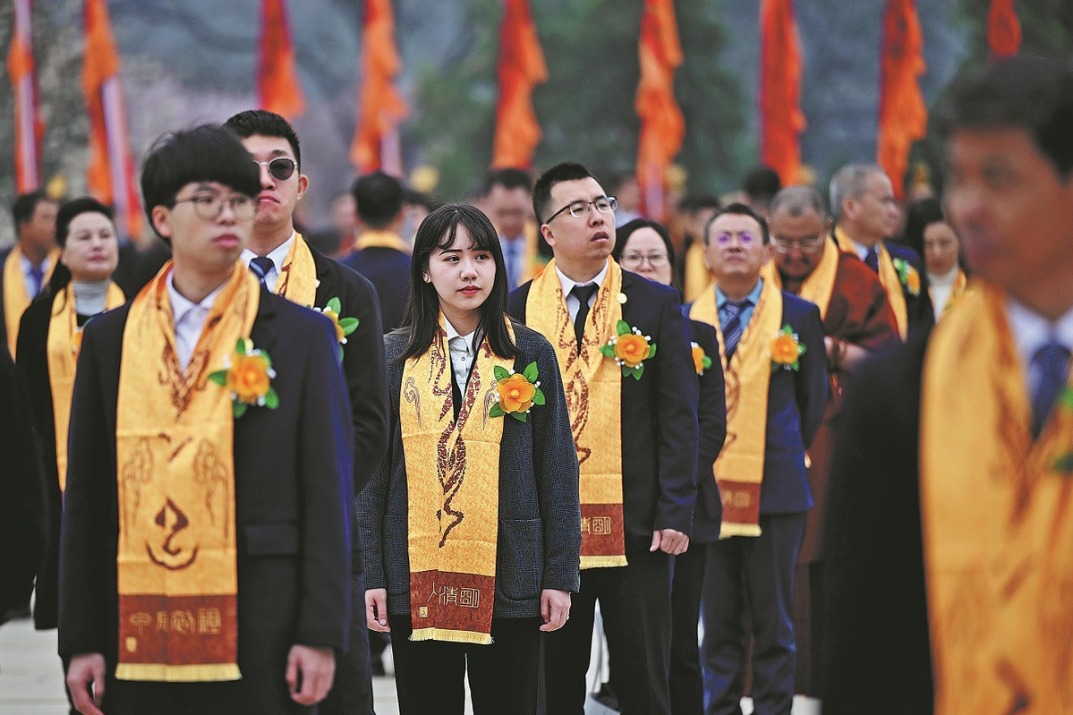Ahead of 2022 Olympics, positive collateral benefits for China
By Matteo Giovannini | chinadaily.com.cn | Updated: 2019-12-31 16:02

When the International Olympic Committee made the decision to award China with the 2022 Winter Olympic Games in July 2015, it made Beijing the first city ever to be assigned both summer and winter editions of the world's biggest multisports event.
After the successful 2008 Summer Olympic Games that totally changed the northern part of Beijing with the construction of iconic venues such as the Bird's Nest and the Water Cube, Beijing and Zhangjiakou are now witnessing an impressive increase of activity in winter sports investments for the 2022 event.
As an example, in 1996 China only had about 10 ski resorts in the country, while 20 years later the total amount jumped to over 600 according to the EU SME Centre. The same source estimates that the market size of the skiing industry in 2022 is expected to reach $4 billion with a sixfold increase from 2015.
In terms of infrastructure, transportation plays an extremely important role with regard to the reduction of congestion and pollution as well as in in moving athletes, tourists and fans between Beijing and Zhangjiakou before, during and after the 2022 Games. For this reason, a high-speed railway has just been launched to reduce the 174-kilometer distance from three hours to 50 minutes.
Most importantly, the Chinese government has understood the relevance of the event not only from a political and image perspective but also in relation to the domestic economy and to the living standards of the rising Chinese middle class that wants to enjoy the same opportunities available to the American and European middle class.
China represents the biggest consumer market in the world and also the world's largest beginner's market for winter sports. In this sense, the Chinese government, in order to boost investment attraction, has introduced measures to incentivize winter sports businesses, and last month the State Taxation Administration announced that there will be a tax exemption on the income generated by activities related to the Beijing Winter Olympics.
Investment attraction will be followed by policies to attract talent to China. The Ministry of Education estimates it will draw up to 50 million athletes, coaches, enthusiasts and students by 2025 and plans to have a domestic winter sports industry valued at around 600 billion yuan in revenue by 2020 and about 1 trillion yuan by 2025.
Changing people's habits is not an easy task, so the government has planned a long-term strategy that starts from the younger generations that will probably benefit the most from the results of these policies. For example, some changes have been introduced in the curriculum of elementary schools, while TV channels are constantly promoting winter sports activities.
It will take time to see the effects of these policies in the future but one thing is certain -- the overall well-being of Chinese people will improve due to the national interest of pushing citizens to practice more sports, not just during warmer seasons but also when people are less willing to practice outdoor sports due to weather. Engaging in more sports throughout the year and eating healthier food will have an extremely positive impact on people's health with consequent money saved on personal medication and hospitalization.
It will only be a matter of time before this initial enthusiasm will turn into real passion and eventually to professionalism for the most talented practitioners. At that time China will be able to compete in almost every winter sport with other leading nations that have a much longer tradition for these disciplines. Then it won't seem so strange to see China at the top of the Olympic medal table together with Scandinavian and North American nations.
The author is a finance professional at ICBC in Beijing and a member of the China Task Force at the Italian Ministry of Economic Development. The views don't necessarily represent those of China Daily.























